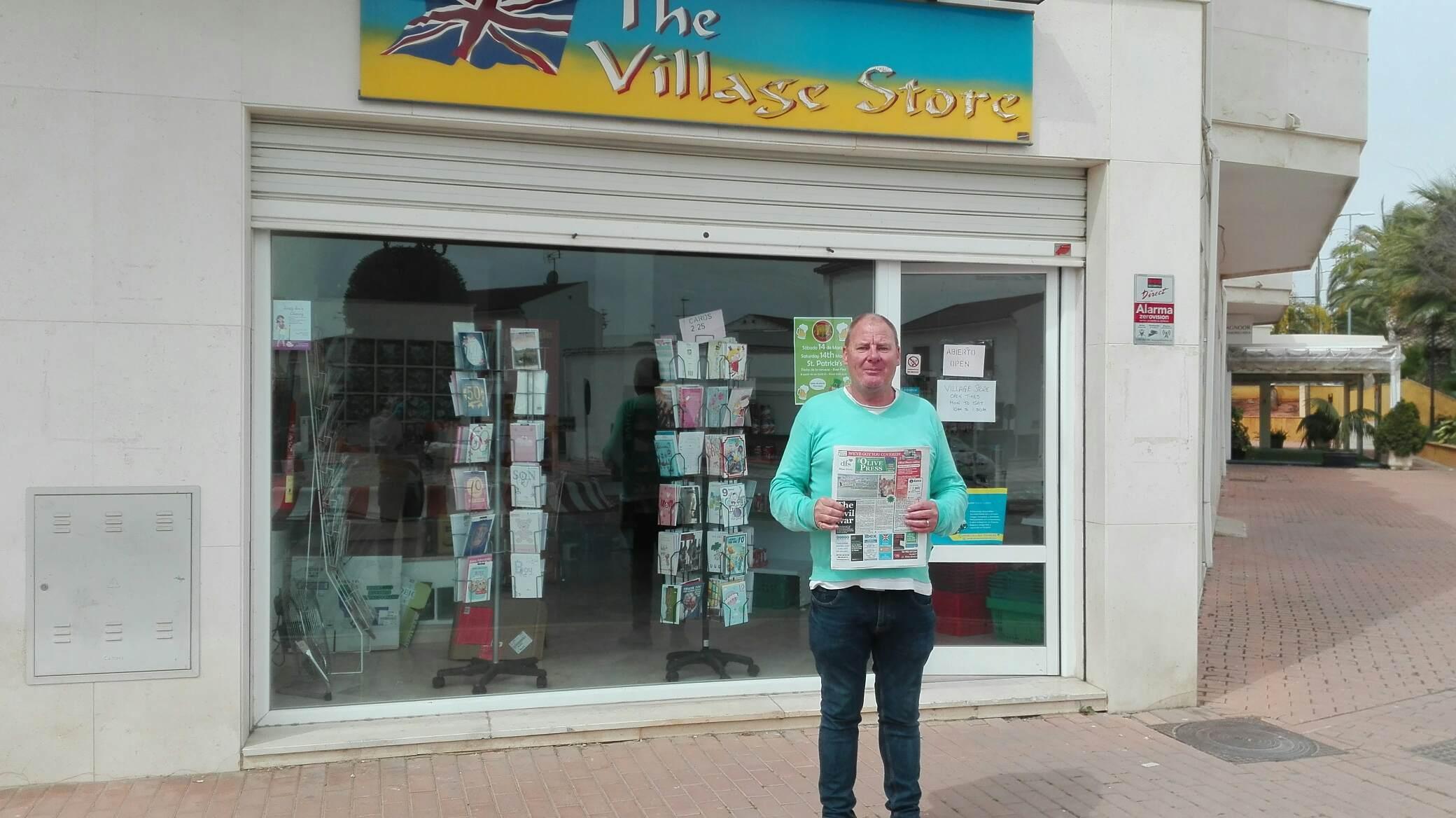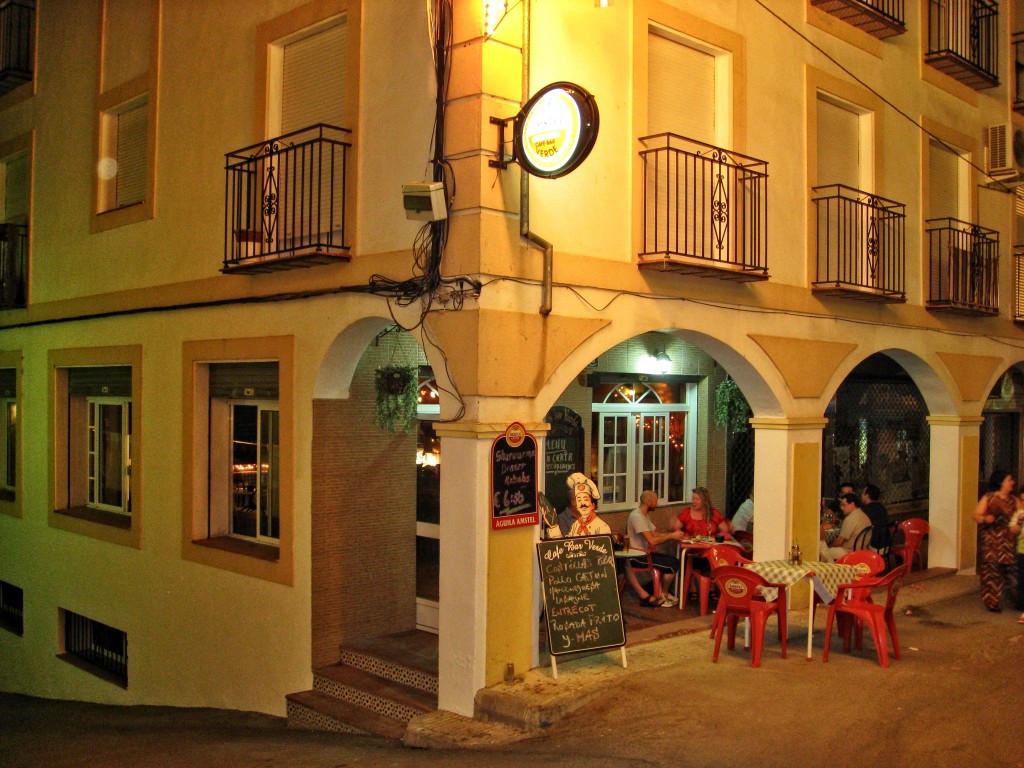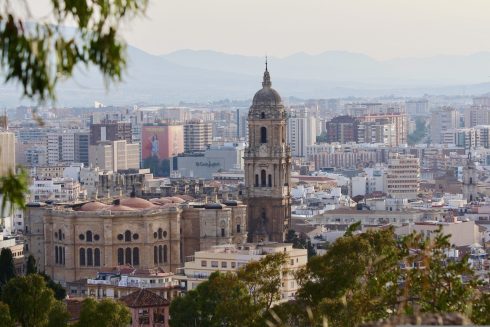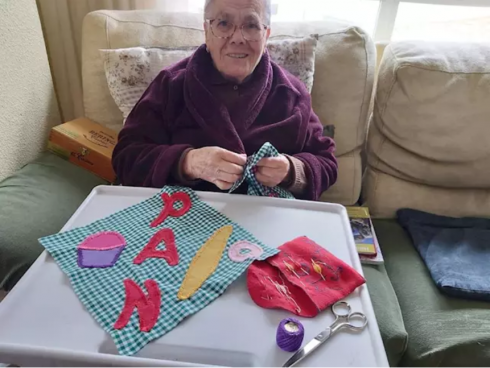AS Spain grinds to a halt under the Government-imposed lockdown, many businesses have closed their doors to trading, in a bid to help stem the spread of Covid-19.
In a country where 7% of the businesses are run by expats, it is not only the national firms that are feeling the crunch.
With the nation only one week into the closures and Pedro Sanchez announcing a 15-day extension until April 12, many small businesses are in danger of closing their doors for the last time.
The Olive Press spoke to companies in inland Spain, where the economic
effects are harshest and every company is treading a fine line to stay alive.
“We value every customer that comes through our doors,” said Alison who
owns a small cafe in Priego de Cordoba.
“You can never guarantee if you are going to be busy or not, even on a Saturday afternoon when you expect to have a steady flow of people, you can be dead.”
Businesses in these rural communities are expecting to be hit hardest as
they do not have the luxury of large passing trades and have to rely on existing customers and regular clients.
Self-employed expats have been thrown a lifeline by the Spanish Government, as the interior minister announced tax breaks in autonomo payments for workers affected by the closures.
Any owner or worker who loses more than 70% of trade will be entitled to
a halt on the sometimes-exorbitant autonomo payments until the crisis is
over.
But this news only partially eases the strain on the expats.
Many still have bills to pay, rent to keep up to and lives to live with no income, and until the service providers and landlords equal the commitment to that of the Government, the situation remains bleak.
John Murray, owner of the Village Store supermarket in Mollina is one of the fortunate ones who managed to stay open throughout the lockdown, but
has since seen trade quieten in recent days.
“We are a supermarket, so we have been given special permission to stay open, which is great for cashflow, but also great to keep providing a service to the community,” John said.
“When the crisis was first announced last Saturday we had three days of
panic-buying, we took two weeks of takings in three days, our shelves
were bare!”
“Things have calmed down now and our stock is replenishing slowly, but
issues with UK deliveries have meant that some items are taking a little longer than usual.”
The Brit has also had to adapt his daily routine to not only adhere to
Government advice, but also to give the customers peace of mind.
“I fully disinfect the store, hand baskets and shelves throughout the day and have had to limit the number of people in the shop as well as making sure that groups and couples do not enter together,” he continued.
John is also helping keep the large, vulnerable expat community in Mollina supplied with groceries if they do not want to leave their homes.
He is providing home deliveries to the most needy, including the elderly, so that they do not go hungry.

John is keeping a traditional British sense of tenacity throughout the closures, remaining optimistic that things will return to normal: “I am
worried but life goes on.”
Naomi Hawkins, owner of British cafe Bar Verde in the small inland village of Iznajar is a little less optimistic.
“It obviously depends on how long this [the lockdown] will go on for, as
the business still has bills to pay with no income,” explained a worried
Naomi, “the time we can continue is limited.”

She is confident however that once they do reopen, their valuable customer base will return.
“Our amazing clients have been sympathetic towards the closure and saying that they will continually support us once we reopen.”
Many expats in the agricultural and building sector are still continuing
to work, but have seen their clients dramatically decrease and workloads
limited.
“I used to travel to the Costa del Sol two or three times per week to meet with clients,” explained an arborist and landscape gardener based
in Iznajar.
“But now I am only permitted to work on homes that are currently empty
and limit my travel and personal contact.
“I have seen almost a 60% loss in clients, and therefore earnings in the
past week, and because I have not hit the benchmark for government
support, things are tight at the moment.”
Some industries are however experiencing a boom in business since people
are confined to their homes.
John Wilkings, an online language teacher has seen his calendar double
since the lockdown, with clients seemingly taking advantage of the extra
time to brush up on their language skills.
“I am definitely busier than usual and even have regular students complaining that they can’t find slots in my calendar to book lessons,”
said John.
But, as a household, even his increase in clients has not completely eased the financial strain as his partner who started a new job just four days before the lockdown in a local restaurant, has been forced to
stay at home.
“Sergio started a new job as a waiter four days before the lockdown. So
now he’s not working and not being paid.
“He’s finding it difficult to cope with the boredom and of course it’s been a hit on our finances with him not bringing money in.”
Despite the extra pressure on his finances, John is critical of the Government’s enforcing of the lockdown criteria.
“In my opinion it should be more strictly enforced. Why have I seen three builders together in cars or building sites with workers sitting around together chatting and eating, no masks, no gloves, no social distancing.”
Throughout these testing times, many inland communities are in real danger of losing out to important businesses and many expats are in danger of having to make some very serious decisions, if their livelihoods are taken away from them.
The Government and large service providers are currently working through measures to help smaller businesses and autonomo workers.
Last week, Pedro Sanchez announced a €200 million investment into benefits to help the self-employed, as well as ensuring that workers are exempt from payments during the crisis.
Larger energy companies and mortgage providers are looking to follow in
the footsteps of Italy and are working on contingency plans to help with
payments while workers are unable to earn a wage.
Concrete plans are expected to be announced in the coming weeks.










